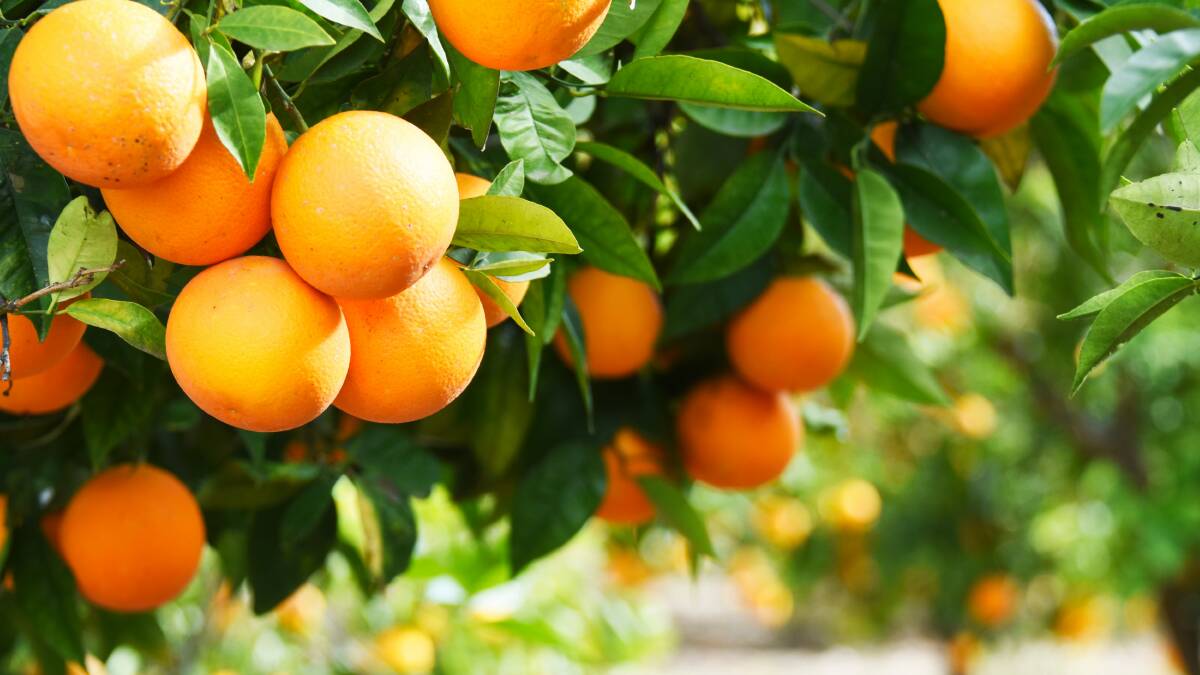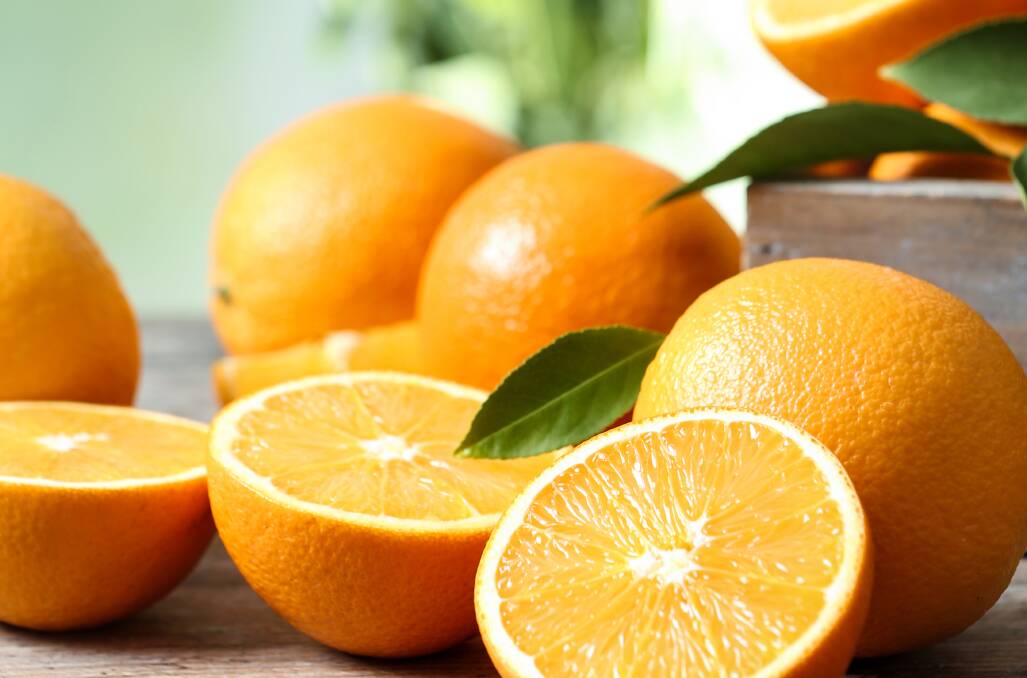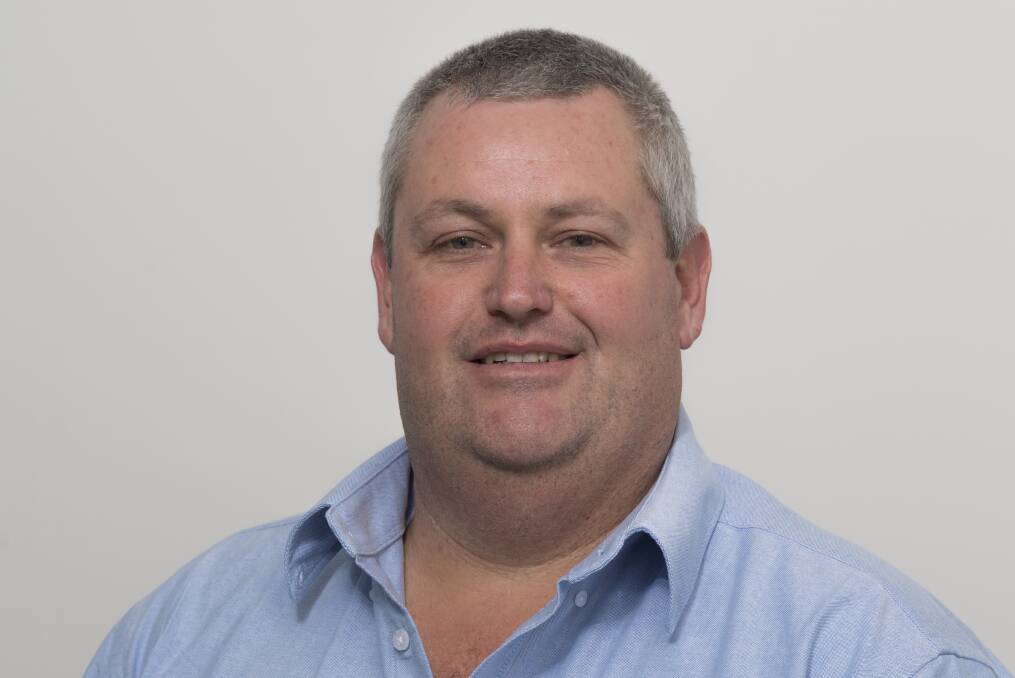When you're buying in water at top dollar, don't waste it on unbalanced fertiliser programs

Story sponsored by Yara Australia.
As a large number of the nation's producers struggle through one of the worst droughts in recent memory, many citrus growers are facing the prospect of having to rethink their management strategies due to a lack of water.
Some in the worst affected areas are beginning to buy in water - costing them about $1,000 per megalitre - which is in turn prompting them to question whether or not to shrink their orchards and focus purely on their most profitable varieties.
Citrus trees are a thirsty species and typically require about 8 to 12 megalitres per hectare, per year in order to survive. They also require year round care. It's an expensive business.
That's why Yara Australia Sales Agronomist David Coombes says, with these tough times upon us, it's more important than ever for growers to get the best out of every drop of water they're buying in.
"When you've got a 48 per cent allocation (like some citrus growers do in Victoria at the moment) you're cut back to five to six megalitres per hectare and you've got to buy in the rest," Mr Coombes explained.
"So you're looking at somewhere in the order of $4,000 to $6,000 dollars per hectare just to get them through. Every drop of that water needs to count."

The best way to ensure this productivity, he says, is by implementing well balanced fertiliser programs targeted to appropriate yield levels. Ensuring the right quantities of plant available nutrients are supplied is the most effective strategy to maximise the investment in water.
By comparing crop nutrition solutions developed using Yara's range of high quality fertilisers with competitor products, it often quickly becomes obvious, he says, that the savings offered by competitor products in the short term do not support tree health and productivity.
While they might save you a couple of bucks at the time of purchase, it will cost more in the long run. That's why he suggests a strong base - like the YaraMila COMPLEX, which is an NPK with trace elements (application before a rain event) - and then adding what you need from there.
"One of the biggest challenges that we have in the industry is (when there's a drought) one of the first things growers do is cut back on fertiliser and they try to keep the trees alive just with water and a cheap urea based fertiliser" Mr Coombes explained.
"But, they're not getting fruit size, they're not getting yield and it's just hurting their back pocket. Good forward-thinking growers are going back to proven fertiliser regimes known to produce yield and quality fruit."
Mr Coombes says you also need to think about the full nutrition of the tree. Timing of application for irrigation is critically important.

The use of YaraTera CALCINIT, a Calcium Nitrate based fertiliser early in the season during cell division and YaraTera KRISTA K PLUS (potassium nitrate) later in the season for fruit sizing and development. Citrus grown on high pH soil need Iron, and YaraTera REXOLIN X60 iron with six percent Ortho-Ortho is one of the strongest iron chelates on the market.
It's equally important, he says, to use a foliar fertiliser such as YaraVita GRAMITREL to ensure they're receiving the right amounts of zinc, manganese and magnesium. Again, timing is critical and should not be negotiable.
As a 20-year veteran of the industry, who has seen his share of good and bad times, Mr. Coombes' main message for producers is simple: when you're paying high prices for water, it doesn't make economic sense to skimp on the fertilisers.
"People come to us (Yara) because they want quality, results and peace of mind in a bag," he said.
"Yara has over 100 years of experience and our fertilisers have some of the lowest heavy metals and chloride on the market. We guarantee the analysis that's on the bag and the quality inside it!" he continued.
"During droughts we often see growers who will go and buy cheap alternatives imported by chemical traders and they'll use it for a little while until they start to see things happening like blocked filters or rock hard lumpy product or their crop just doesn't look right, soon realising that the cost of quality is long forgotten before the memory of dealing with inferior product fades.
"All of our products are backed by expert technical support and innovative decision-making tools to help you to get the best return from your investment in quality crop nutrition."
Story sponsored by Yara Australia.


